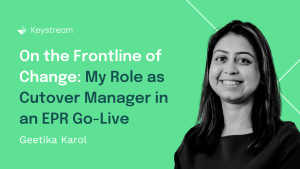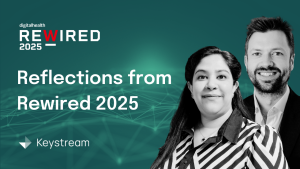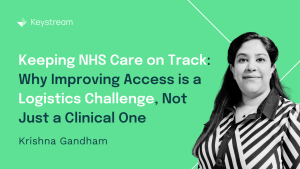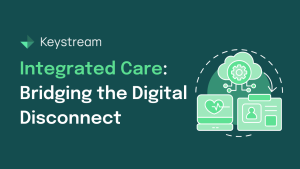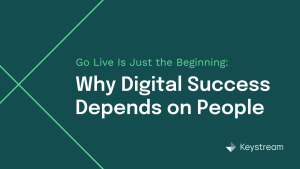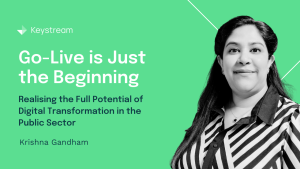01.08.2023
The Importance of Digital Literacy
Introduction
The terms ‘IT literacy’ and ‘digital literacy’ are often used interchangeably. However, understanding the distinction between the two is crucial to ensuring a successful EPR programme. This article will discuss the differences and importance of both IT literacy and digital literacy in the context of EPR implementations.
Basic IT Literacy
IT literacy generally refers to the basic skills required to use a computer and other related technology. This includes understanding how to operate a computer, use software like word processors or spreadsheets, navigate the internet, send emails, and protect yourself from basic cybersecurity threats. These skills are the foundation on which more advanced technical skills are built.
In the context of an EPR system, IT literacy means users can navigate the interface, enter and retrieve data, understand error messages, and have a basic understanding of system security.
Digital Literacy
On the other hand, digital literacy goes a step further. It encompasses not only the practical skills to use technology but also involves understanding how to use this technology effectively and responsibly to gather, evaluate, create, and communicate information.
For NHS staff using an EPR system, digital literacy means they can use the system to improve patient care. This could include using EPR data to make informed decisions, understanding the ethical implications of data sharing and privacy, effectively communicating information using digital tools, and staying updated with EPR system updates and changes.
Why Digital Literacy Matters in NHS EPR Programmes
While IT literacy is undeniably essential, it’s digital literacy that can truly unlock the potential of EPR systems.
- Enhanced Patient Care: Digital literacy enables healthcare professionals to use EPR systems to their full potential, leading to more efficient service delivery and improved patient care.
- Data Protection and Ethics: With the significant amount of sensitive data handled in EPR systems, a strong understanding of digital ethics and data protection is essential.
- Effective Communication and Collaboration: Digital literacy fosters more effective communication and collaboration between teams, enabling them to use digital tools to analyse and share information, discuss patient care, and coordinate efforts.
Conclusion
While basic IT literacy lays the groundwork for using technology, digital literacy is what truly empowers NHS staff to leverage EPR systems for improved patient care. As we move forward with digital transformation within the NHS, we must not only provide training on how to use new systems but also focus on developing a digitally literate workforce, ready to navigate and optimise these powerful tools.


